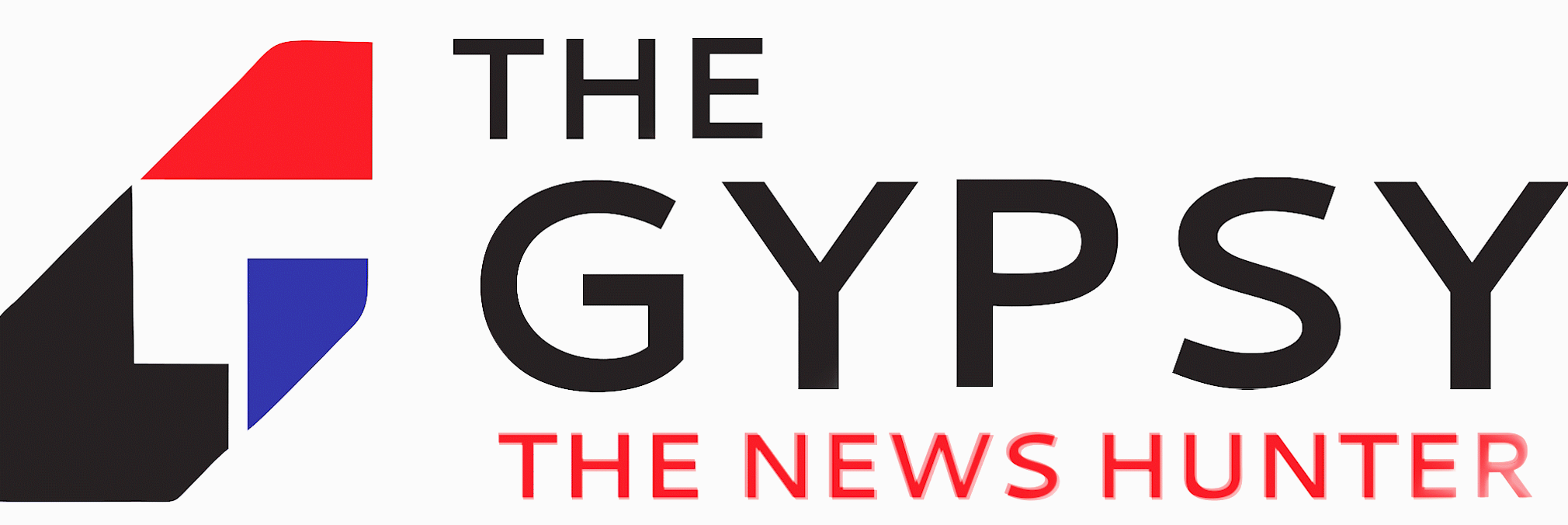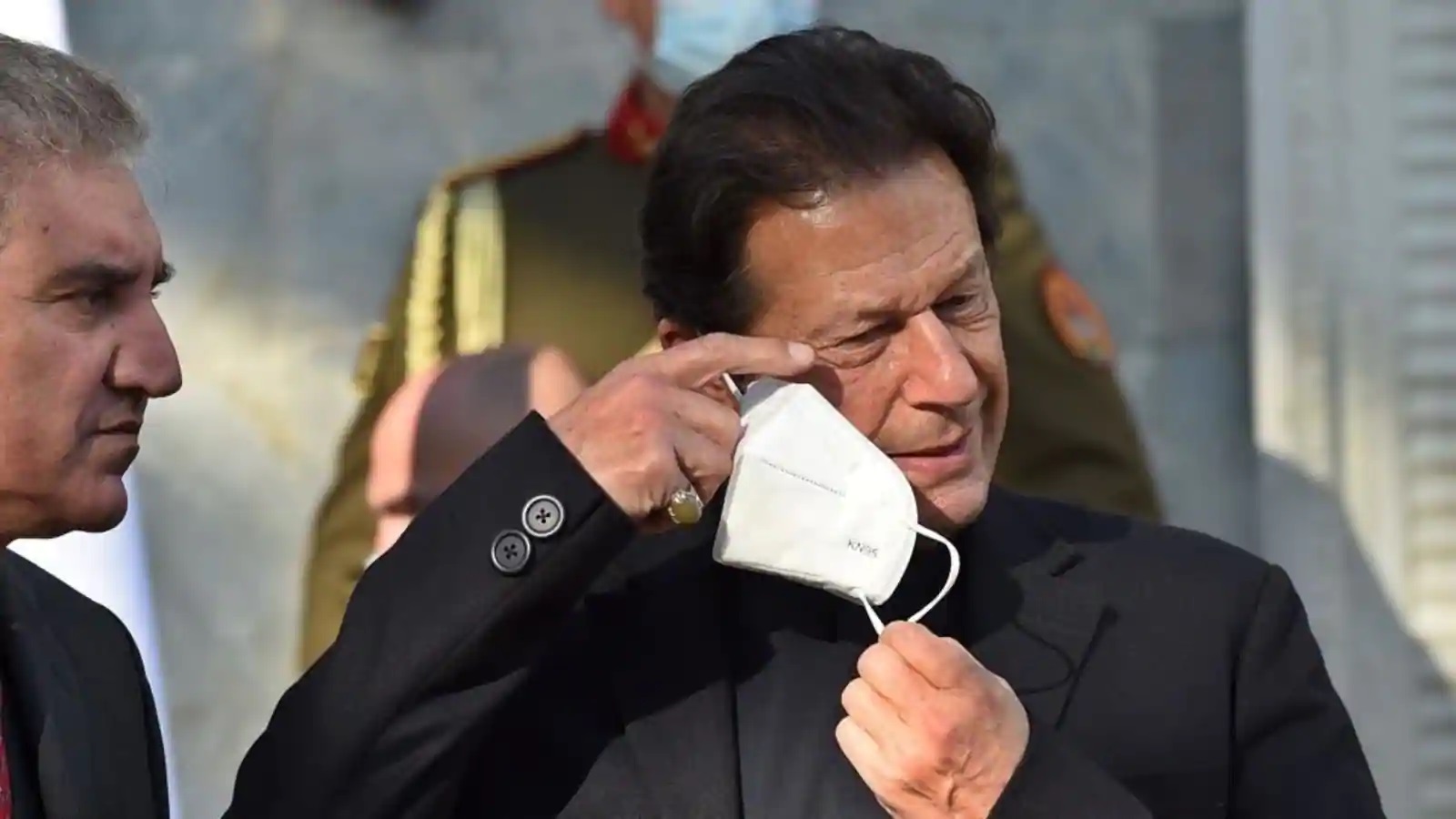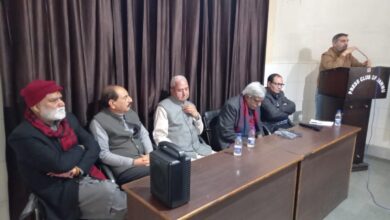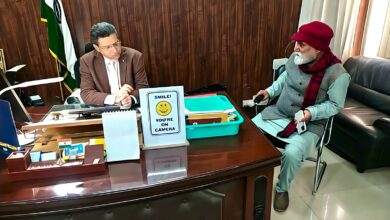Pakistan faces dilemma of sourcing Covid-19 vaccines
Pakistan doesn’t have a well developed vaccine industry, and authorities are now grappling with the possibility of having to acquire doses at significantly higher prices
Islamabad, January 21, 2021: Following Prime Minister Imran Khan’s directive to expedite the procurement of Covid-19 vaccines, Pakistan is grappling with a dilemma – how to source millions of doses to inoculate the country’s most vulnerable.
Unlike other countries in the neighbourhood such as Bangladesh, Pakistan didn’t place orders well in advance with foreign vaccine makers. It also doesn’t have a well developed vaccine industry, and authorities are now grappling with the possibility of having to acquire doses at significantly higher prices.
On Tuesday, Khan directed the Cabinet committee on procurement to speed up the process for acquiring vaccines. This came days after Pakistan’s regulatory authority approved the emergency use of the AstraZeneca vaccine and the Sinopharm vaccine made by state-run China National Pharmaceutical Group.
In early December, Pakistan approved $150 million in funding to buy vaccines, initially to cover the most vulnerable 5% of the population, including frontline health workers and people above the age of 65.
This was almost a month after Bangladesh’s drugmaker Beximco Pharma signed an agreement with the Serum Institute of India for 30 million doses of Covishield, the AstraZeneca vaccine. These doses would be in addition to the two million doses of Covishield provided by India to Bangladesh on Thursday as a gift.
There has also been no announcement by Pakistan’s “iron brother” ally China about assistance in the supply of vaccines.
Given its troubled relationship with India and reluctance to cooperate even on issues such as the pandemic, Pakistan has not reached out to India for help with vaccines, people familiar with developments said on condition of anonymity.
It also doesn’t figure in the list of nine neighbouring and partner countries, including Bhutan, Nepal, Mauritius and Seychelles, to whom India is providing vaccines as grant assistance.
Authorities in Islamabad are now looking to acquire vaccines either through commercial sales or under the Covax facility of Gavi, the Vaccine Alliance, to which the Serum Institute is committed to supplying at least 200 million doses this year.
Pakistani authorities are now faced with the possibility of having to pay as much as $6 to $7 a dose if they opt for the AstraZeneca vaccine, and the country’s sole authorised distributor of the vaccine is currently unable to give a timeline for deliveries, the Dawn newspaper reported on Thursday.
“Since the government has allowed [the Oxford-AstraZeneca vaccine] and given us the nod to import the consignments, we have estimated that it would be available to the government for something between US$6 and US$7,” said Usman Ghani of Sindh Medical Stores, one of Pakistan’s biggest importers of vaccines and pharmaceutical products.
“The offer has formally and clearly been made to both governments [federal and provincial], but it is a difficult question to answer when it would be made available. Frankly speaking, we don’t have exact idea about this right now.”
Ghani also pointed to another key factor – the Indian manufacturer of the AstraZeneca vaccine will first meet the needs of the Indian government, and then the needs of Gavi and other countries such as Bangladesh that concluded commercial agreements in advance.
“We have very cordial relations with Serum Institute of India and we would try our best to procure it as early as possible,” he said.
Pakistan has so far recorded nearly 530,000 Covid-19 cases and more than 11,000 deaths.







